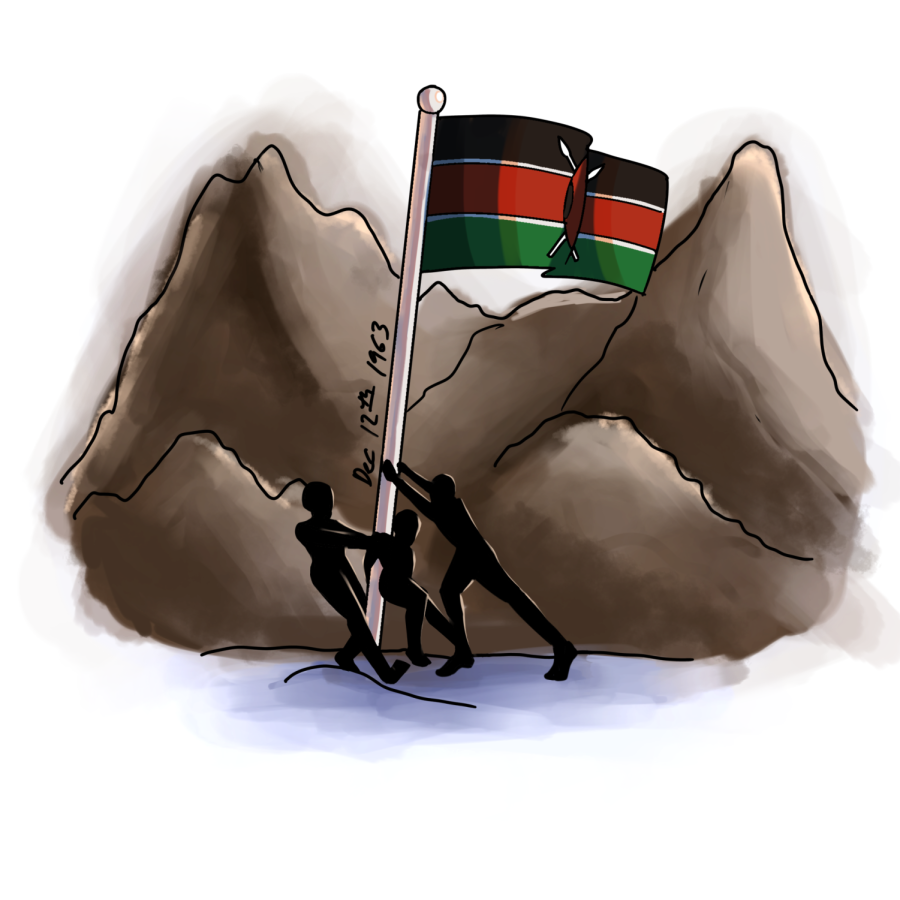Effect of Imperialism on Asian Cuisine
December 1, 2022
Throughout world history, imperialism was a theme that cropped up often. “Imperialism can mean a lot of things to different people, but in my opinion, it’s when one country tries to spread its power, influence, and control across a much broader region,” Inba Rajashankar, ‘23, said. “Unfortunately, this often leads to poverty, war, slavery, violence and a whole host of tragedies.”
Imperialism has extended into the modern era. This is evident in how British food has become part of Indian culture and Mexican recipes have traveled across oceans due to Spanish conquest.
During British rule over India, from 1858 to 1947, new foods arose out of Indian dishes to suit British tastes. One such dish was kedgeree, a food influenced by the Indian dish khichdi. Khichdi is mostly made up of rice, vegetables, lentils and seasonings. Kedgeree keeps many of those same ingredients but adds hard-boiled eggs, salt and fish, among other things. Collingham explained that fish were added to kedgeree, “because the British liked fish, [and] it was usually served to them in the mornings when the catch was fresh.” Kedgeree was certainly influenced by Indian food and culture, and is now a staple in Great Britain.
Spanish rule of the Philippines provides another example. The Philippines were ruled for several hundred years by the Spanish, beginning in 1565 and ending in 1946. The Spanish established viceroyalties, which are territories governed by a viceroy. One of these viceroyalties created by Spain included both Mexico and the Philippines. The Mexican tamale was brought to Filipino shores during this period of occupation, according to Chase Valencia, writing for KCET.org. Over time, the dish transformed from a Mexican recipe into one with ingredients found in the Philippines and that were easier to access for the recipe. As opposed to Mexican corn-based tamales, Phillipino tamales include, “rich flavors of coconut, onions and carrots are prevalent in Filipino tamales,” said Valencia.
Today, the impact of imperialism is still prevalent. Rajashankar continues, “To me, it’s a scar of the past that many people don’t fully realize. Over 35 million Indians died under British rule, yet basically nothing about this time period (or even South Asian history as a whole) is taught in schools and exists in our popular conception of history.”
Food is only example of imperialism’s mark today. Food demonstrates the ways in which different cultures have adapted differently but provides a twist that makes them uniquely their own.






























